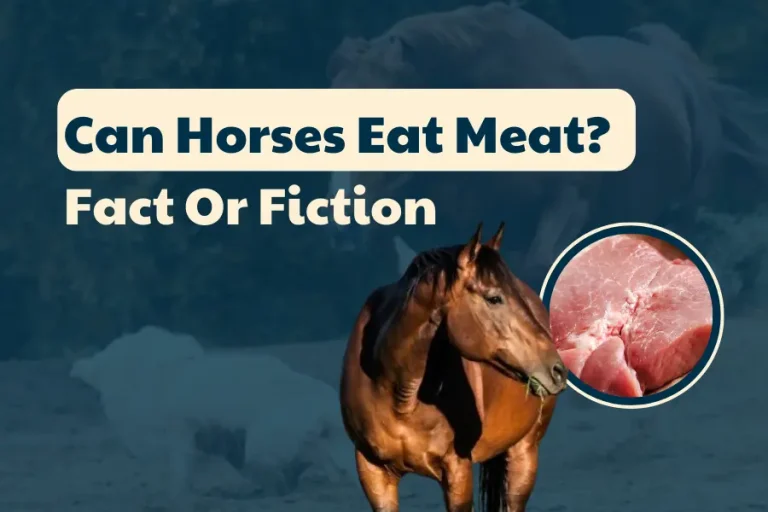Can Horses Eat Celery? A Great Diet Advice

Celery is a delicious and healthy vegetable in human diets. But is this kind of crisp and crunchy celery safe to feed your horses? Can horses eat celery? Find the answer to your wonder right here.
The main foods of horses are hay and grain. But like us, horses also like a varied diet with fruits and vegetables. Keep on reading to find out how beneficial a diet with celery is, as well as tips to feed your equine companions with celery. Everything you need to know about “Can horses eat celery” will be included and revealed to you.
Can Horses Eat Celery? Is It Safe To Feed Horses With Celery?
“Can horses eat celery?” – Yes, horses can eat celery. Fresh celery is normally safe to feed your horses. This vegetable is crisp and fibrous, and it is a member of the Apiaceae family. Celery stalks have edible leafy tips and grow into tall, ribbed, green structures. Its flavorful and crisp texture makes it a popular addition to many soups, salads, and snacks.
As a good source of fiber, potassium, vitamins A, C, and K, and folate, celery is highly valued. Its high water content (95%) and low-calorie level prevent the horse from gaining weight while also keeping them hydrated.



